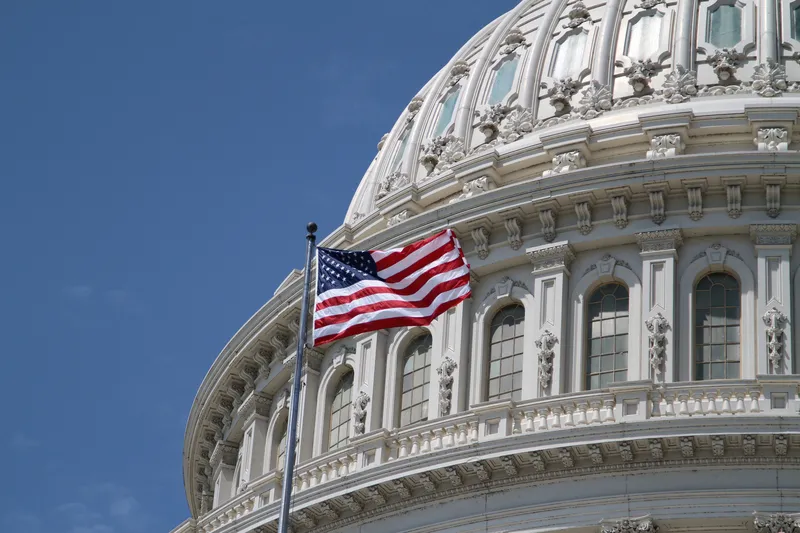
The new boss of IBTTA has offered a robust defence of diversity, equity and inclusion (DEI) policies.
Kathryn Clay, who took over as executive director and CEO of the tolling organisation at the start of this year, said: "It was really important to me to find an organisation that really lived DEI principles: it's not a political costume you put on when it’s relevant or convenient; it’s something that you live or you don’t. I firmly believe that our values don’t change just because the incumbents in the political powers that be may change - our values stay the same.”
US president Donald Trump has called DEI programmes "dangerous, demeaning and immoral", and ordered that all US government staff working on DEI schemes should be put on immediate paid administrative leave, with the offices and programmes to be shut down.
An executive order from the White House this week said: "Critical and influential institutions of American society, including the Federal Government, major corporations, financial institutions, the medical industry, large commercial airlines, law enforcement agencies, and institutions of higher education have adopted and actively use dangerous, demeaning, and immoral race- and sex-based preferences under the guise of so-called 'diversity, equity, and inclusion' (DEI)."
Clay was speaking to her predecessor Pat Jones during an edition of the online Café IBTTA interview series (see video below).
“I know that we are entering troubled waters," said Clay. "I’m disappointed, personally, to see many major household-name companies, that are pulling back from DEI because they believe it’s the politically-expedient thing to do. I don’t believe that’s who IBTTA is and I’m really proud to be part of this organisation for that reason.”
IBTTA has its own DEI Committee, which was "created to listen to the voices of those in our association and society who truly understand and recognise the depth of the inequity caused by racial and social injustice", its statement on the IBTTA website reads. "With this knowledge, it will work to implement practices and programs that contribute to racial and social justice in our IBTTA family and beyond."
During the Café IBTTA interview, Clay also stressed her bipartisan credentials: she has worked on Capitol Hill on both the House and Senate side. “I worked in personal offices and on committee staff," she explained. "I’ve worked for Republicans and Democrats, so I am bipartisan. I have a very balanced approach that has helped me throughout my career. I think it’s going to continue to help IBTTA because we are such a bipartisan group. Needing to have good, solid, well-functioning, safe, reliable infrastructure helps everyone: there’s no reason that should be a partisan issue.”
She has worked at various trade associations and is a scientist by training. "I’m not afraid of the technical details. In my various roles I have always been a translator between the technical and the policy," she added.
One of her skills is “learning how to translate technical issues into compelling, accessible, plain English so that you’re not trying to snow people with technical detail – you’re trying to bring them along, and that’s how we’re going to have our edge”.
Among her priorities over the coming year is to engage young professionals in the tolling industry, she said.







